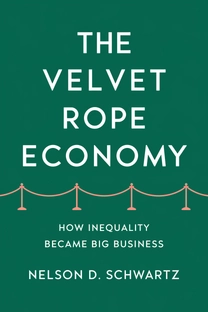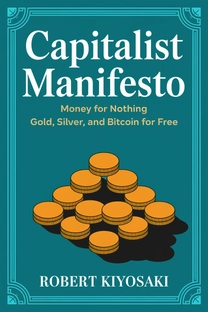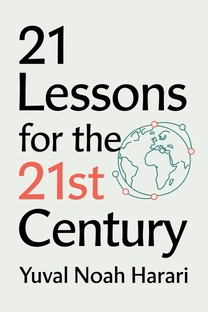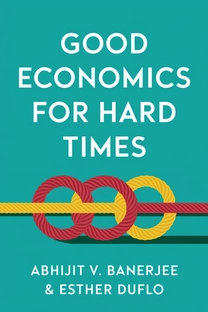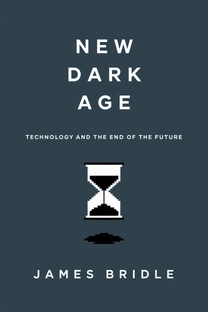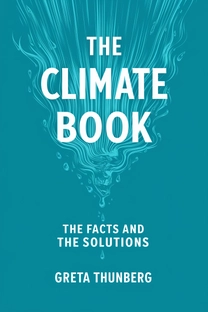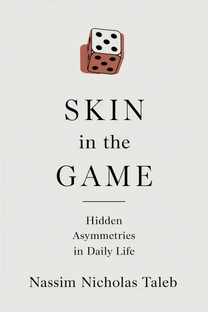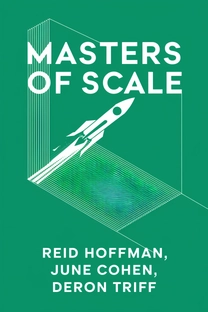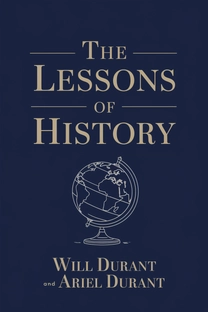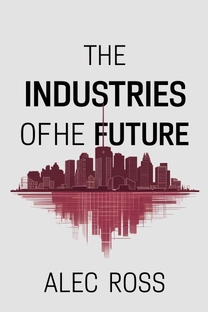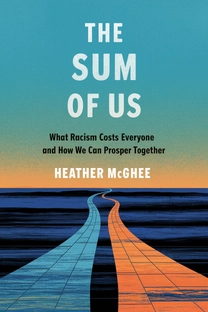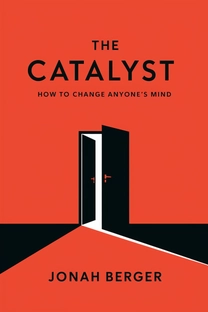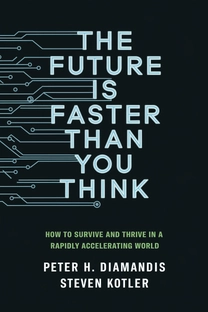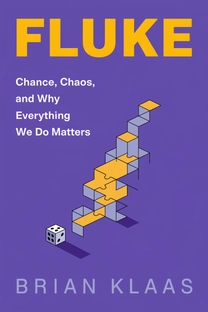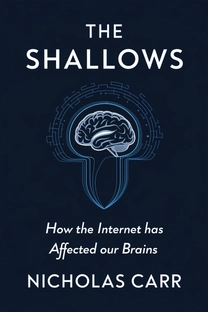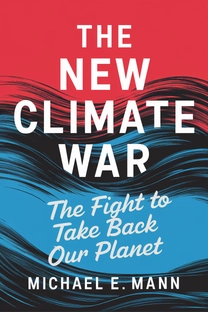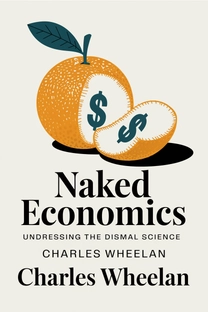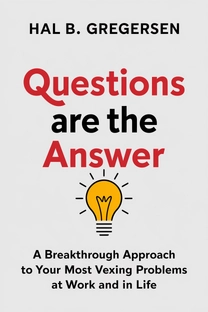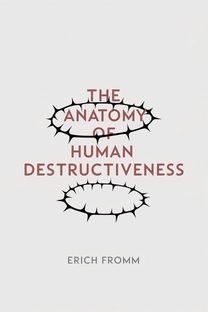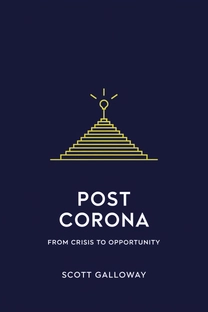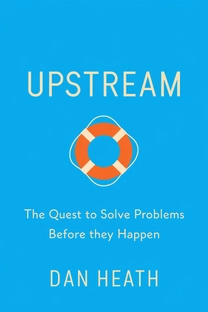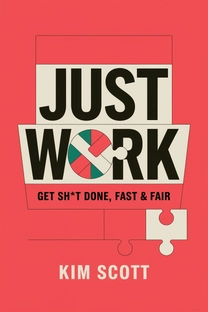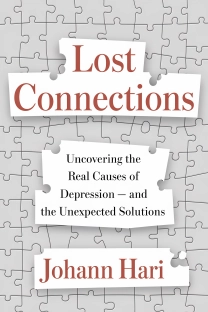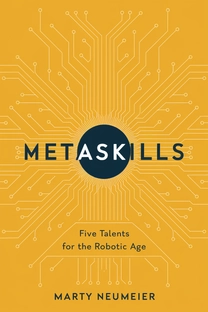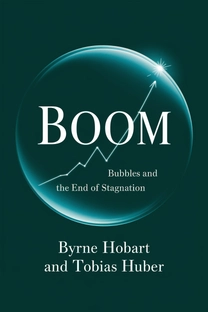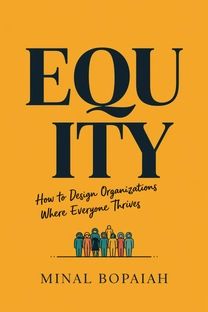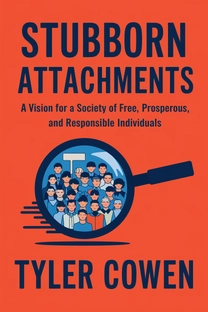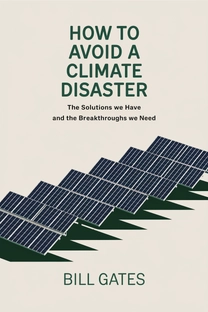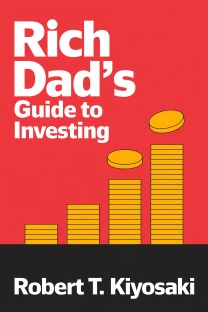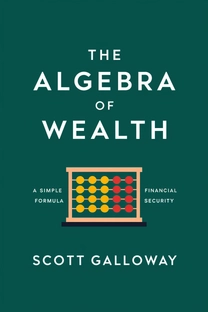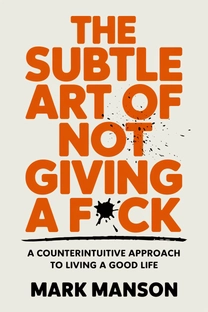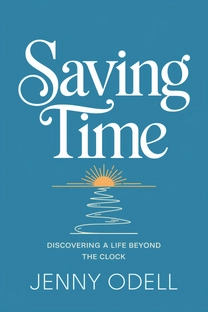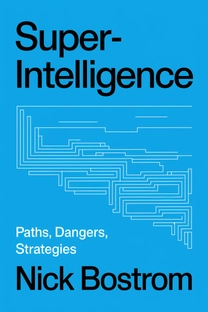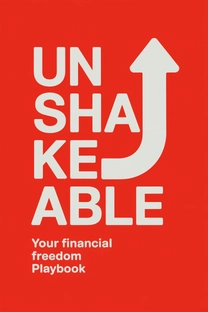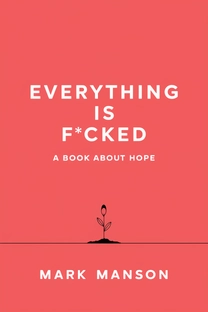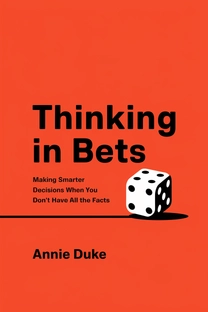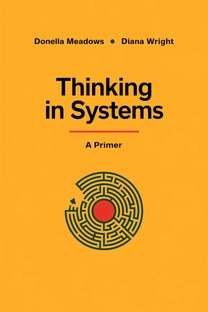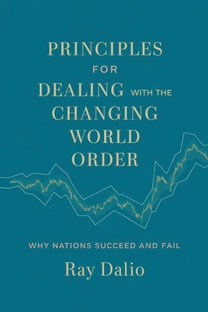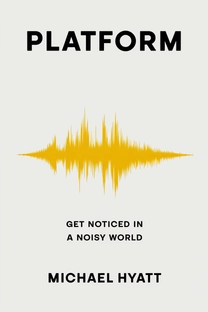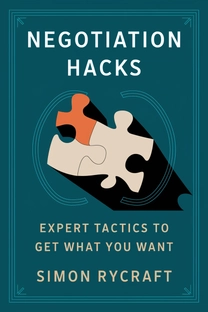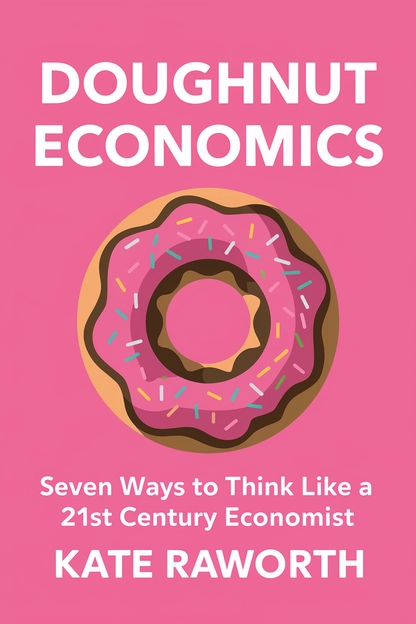
Doughnut Economics
Seven Ways to Think Like a 21st Century Economist
by Kate Raworth
Brief overview
This book invites us to see the economy in a new light, merging both societal well-being and the planet’s life-giving cycles. Through a clear framework called the “doughnut,” it challenges the fixation on GDP and illustrates how to reshape our systems to be fair, inclusive, and respectful of nature’s limits. Expect guidance on how to align communities, businesses, and governments toward a thriving future.
Introduction
Every generation faces defining questions. Today, ours is whether we can continue to fuel economic growth without destroying the planet or deepening social divides. The old models fixated on endless expansion, often sidestepping basic human needs and Earth's fragile balance. We need a framework that prioritizes both people’s well-being and the planet’s health.
Enter the concept of the “doughnut.” Picture a circle with two rings: the inner ring representing our essential social foundations—like food, water, equality—and the outer ring representing planetary boundaries, such as climate and biodiversity. Between these two boundaries is the safe and just space where everyone can thrive.
Why does this matter? Because humanity’s greatest challenges—climate change, resource depletion, inequality—no longer sit at the edges of our awareness. They are visible and urgent. Traditional ways of counting success—namely GDP—fail to account for the true costs of overconsumption and exploitation.
In this book, we explore how to shift our thinking and practice. From reimagining markets to enhancing reciprocity in our communities, each chapter highlights key ideas for shaping an economy that serves us all. It’s not about small tweaks; it’s about reorienting the goal entirely.
Rethinking Economic Goals
For decades, societies have fixated on GDP growth as the main measure of progress. The trouble is, a single-minded chase after expansion brushes aside issues like social equity and ecosystem stability. Inequality can grow unnoticed and natural resources can be depleted under the guise of ‘success.’
Shifting the goal means embracing a broader view of prosperity. Instead of asking how to grow the economy, we ask how to ensure every person’s basic needs are met without stretching our planet to breaking point. This marks a radical break from the ‘growth will solve everything’ mentality.
A thriving society sits in that sweet spot: above a social floor of well-being and below an ecological ceiling that avoids collapse. Imagining this balance helps us see that there's more to success than higher output. We must measure how well we distribute opportunity and safeguard nature for future generations.
When we switch from GDP obsession to a well-being focus, policies shift. Governments begin to prioritize robust healthcare, accessible education, and healthy ecosystems. They invest in local resilience rather than chasing short-term financial gains. It’s an invitation to rethink what ‘progress’ truly looks like.
What is Doughnut Economics about?
In "Doughnut Economics: Seven Ways to Think Like a 21st Century Economist," Kate Raworth reshapes our understanding of economics by proposing a transformative model that aligns economic activity with the planet's ecological limits. At the heart of her approach is the innovative "doughnut" framework. This model visualizes a space between two critical boundaries: the ecological ceiling, representing the planet’s limits, and the social foundation, encompassing essential human needs.
Raworth boldly challenges the longstanding focus on GDP as an indicator of progress, arguing that it overlooks the importance of societal well-being and environmental sustainability. Her book proposes practical models for redesigning economic systems to promote shared prosperity and maintain the ecological balance vital for humanity and nature to thrive. Through a blend of theory and actionable insights, "Doughnut Economics" offers a compelling vision of how we can construct a regenerative and equitable global economy.
Review of Doughnut Economics
Kate Raworth's "Doughnut Economics" stands out with its unique approach to confronting 21st-century economic challenges. The book intricately blends critical theory with practical solutions, offering a fresh perspective that redefines economic success. One of its key strengths is Raworth's illustrative "doughnut" model, which encapsulates the dual necessity of meeting social needs and respecting planetary thresholds. This is an essential read for anyone interested in exploring the intersection of economics, sustainability, and social equity.
The writing is both accessible and engaging, making complex concepts understandable without sacrificing depth. It presents actionable insights, urging communities, governments, and businesses to pivot toward sustainable practices. Readers will find it compelling that Raworth not only critiques outdated economic paradigms but also offers tangible steps for fostering a resilient and cooperative world. This book is particularly relevant for individuals seeking to make informed decisions that prioritize long-term well-being over short-term growth.
"Doughnut Economics" comes highly recommended for its innovative and holistic approach. It lays the groundwork for a new economic narrative on which future generations can build resilient and inclusive systems. Kate Raworth delivers a thought-provoking guide that is as much about revitalizing economies as it is about revitalizing the way we think about them.
Who should read Doughnut Economics?
- Economists interested in progressive frameworks and methodologies will find new tools for analyzing and influencing modern economies.
- Environmentalists seeking sustainable economic models will appreciate how the book addresses ecological boundaries in economic planning.
- Policymakers crafting inclusive and sustainable economic policies would benefit from the book's actionable insights and frameworks.
- Educators teaching economics or sustainability will find a fresh, comprehensive framework to introduce to their students.
- Business leaders looking for innovative ways to integrate sustainability into operations can draw valuable insights from the book's practical applications.
About the author
Book summaries like Doughnut Economics
Why readers love Mindleap
10-Minute Book Insights
Get the core ideas from the world's best books in just 10 minutes of reading or listening.
Curated For You
Discover your next favorite book with personalized recommendations based on your interests.
AI Book ExpertNew
Chat with our AI to help find the best book for you and your goals.
Reviews of MindLeap
Love how I can get the key ideas from books in just 15 minutes! Perfect for my busy schedule and helps me decide which books to read in full.
Alex R.
The summaries are incredibly well-written and the audio feature is perfect for my commute. Such a time-saver!
Jessica M.
Great app for personal growth. The insights are clear and actionable, and I love how they capture the essence of each book.
Chris P.
The app is beautifully designed and the summaries are top-notch. Definitely worth every penny!
Sarah K.


